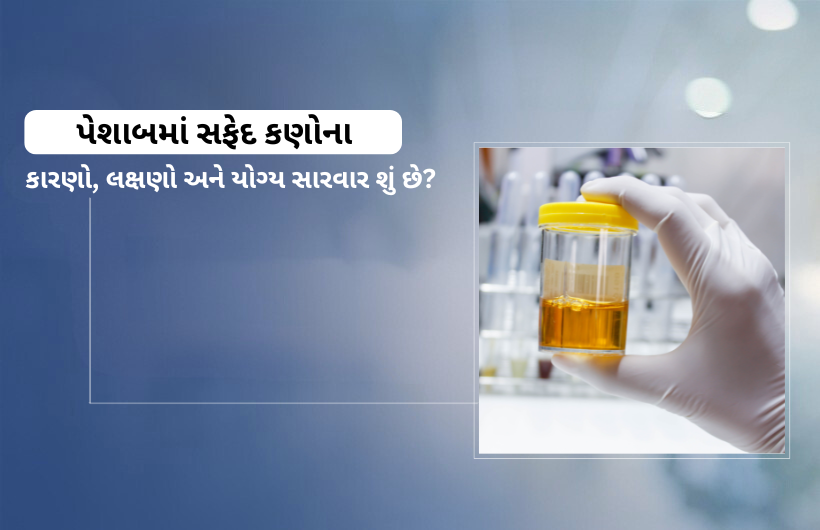Table of Contents
Introduction:
Pyelonephritis, commonly known as a kidney infection, is a potentially serious condition that arises when bacteria enter the kidneys, causing inflammation. This article will comprehensively explore pyelonephritis, delving into its definition, reasons for occurrence, symptoms in both women and men, antibiotic treatments, and the underlying causes that contribute to this renal infection.
What is Pyelonephritis?
Pyelonephritis is a type of urinary tract infection (UTI) specifically targeting the kidneys. Unlike lower UTIs that affect the bladder or urethra, pyelonephritis involves a more severe infection that reaches the kidneys. The condition can lead to significant discomfort and complications if not promptly diagnosed and treated.
Reasons for Kidney Infection:
Kidney infections are primarily caused by bacteria entering the urinary tract and ascending into the kidneys. The most common culprit is Escherichia coli (E. coli), a bacterium normally found in the intestines. Other bacteria, such as Klebsiella and Proteus, can also lead to kidney infections. The key reasons for the occurrence of kidney infections include:
- Urinary Tract Obstruction:
Conditions that obstruct or impede the flow of urine, such as kidney stones or an enlarged prostate, can create an environment conducive to bacterial growth and infection.
- Urinary Tract Anomalies:
Structural abnormalities in the urinary tract, present from birth or acquired over time, may increase the likelihood of bacteria entering the kidneys.
- Catheter Use:
Individuals with urinary catheters are at an elevated risk of developing kidney infections as catheters can serve as a conduit for bacteria to enter the urinary system.
Kidney Infection Symptoms in Women:
Kidney infections often present with distinctive symptoms in women, highlighting the importance of prompt recognition and medical attention. Common symptoms include:
- Pain and Discomfort:
Women may experience pain and discomfort in the lower back or side, often on one side of the body.
- Fever and Chills:
Elevated body temperature accompanied by chills is a typical symptom of kidney infection in women.
- Frequent Urination:
An increased urgency to urinate, along with a persistent need to empty the bladder, can be indicative of a kidney infection.
- Burning Sensation:
A burning sensation during urination may be present, resembling symptoms of a urinary tract infection.
Kidney Infection Symptoms in Men:
While men may experience similar symptoms to women, the presentation of kidney infection symptoms can vary. Common signs include:
- Flank Pain:
Men may feel pain or discomfort in the flank or lower back, corresponding to the affected kidney.
- Fever and Malaise:
Fever and a general feeling of malaise are common symptoms in men with kidney infections.
- Urinary Symptoms:
Men may notice changes in their urinary habits, such as increased frequency or urgency.
Antibiotics for Kidney Infection:
Prompt and appropriate antibiotic treatment is crucial in managing kidney infections. Antibiotics work to eliminate the bacterial infection and prevent its spread. Commonly prescribed antibiotics for kidney infection include:
- Fluoroquinolones:
Ciprofloxacin and levofloxacin are fluoroquinolone antibiotics effective against a wide range of bacteria causing kidney infections.
- Cephalosporins:
Ceftriaxone and cefixime, cephalosporin antibiotics, are often used in the treatment of uncomplicated kidney infections.
- Trimethoprim-sulfamethoxazole:
This combination antibiotic is another option for treating kidney infections and is well-tolerated by many individuals.
Kidney Infection Causes:
Understanding the underlying kidney infection causes that contribute to kidney infections is vital for prevention and effective management. Common causes include:
- Incomplete Emptying of the Bladder:
The inability to fully empty the bladder increases the risk of bacterial growth and infection.
- Sexual Activity:
Sexual activity, especially in women, can introduce bacteria into the urethra and subsequently the urinary tract.
- Compromised Immune System:
Individuals with weakened immune systems are more susceptible to infections, including kidney infections.
Conclusion:
In conclusion, pyelonephritis or kidney infection is a condition that demands attention due to its potential complications. Recognizing the reasons for kidney infection, understanding the symptoms in both women and men and appreciating the role of antibiotics in treatment are integral components of effective management. If you suspect a kidney infection, seek prompt medical evaluation to ensure timely intervention and reduce the risk of complications.
In Ahmedabad, get in touch with Dr. Dushyant Pawar for the best urological care and prostate surgery. Treatment of kidney and urinary gland problems has been his area of expertise for the past five years. Endourology, Andrology, Laparoscopic Surgery, and Best Female Urologist in Ahmedabad are among the specialties of Dr. Dushyant Pawar.
FAQs
Q: What happens if Pyelonephritis is left untreated?
A: If left untreated, Pyelonephritis can lead to serious complications like kidney damage, sepsis, and even death. It is important to seek medical attention if you suspect you have a kidney infection.
Q: Is Pyelonephritis a serious condition?
A: Yes, Pyelonephritis can be a serious condition, especially if left untreated. It can lead to kidney damage, sepsis, and other complications. Prompt diagnosis and treatment are important for a full recovery.





